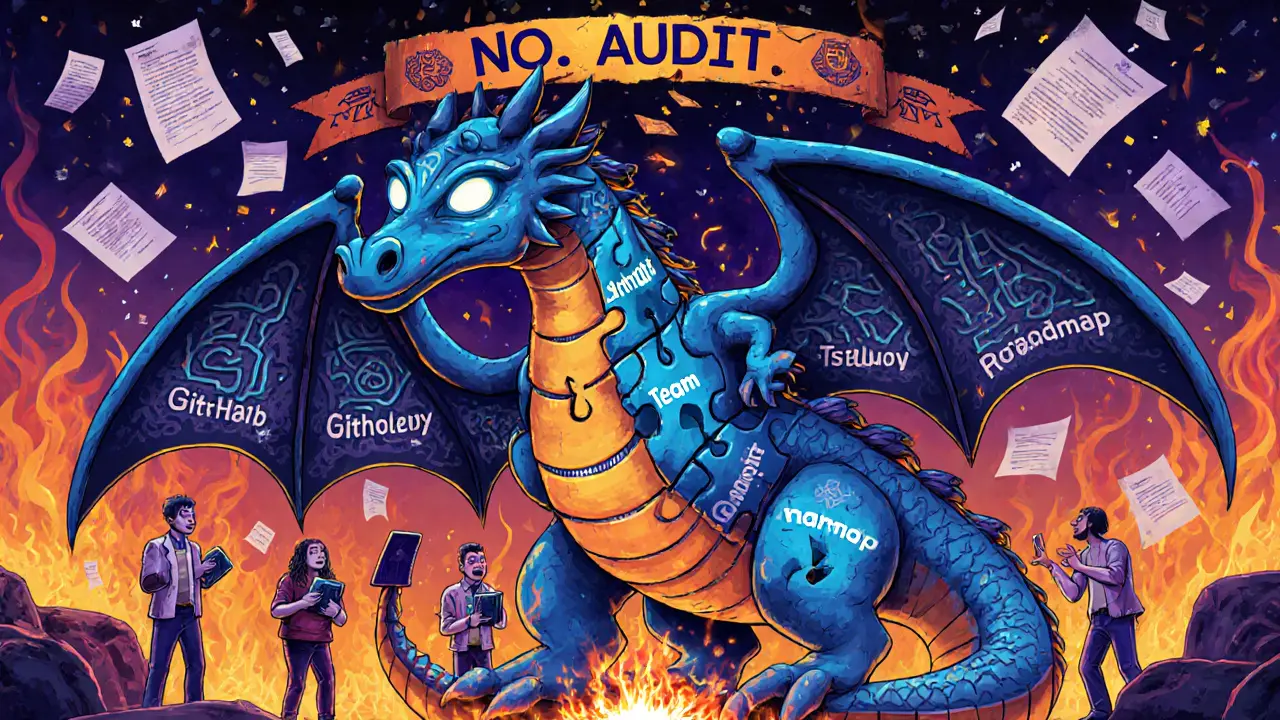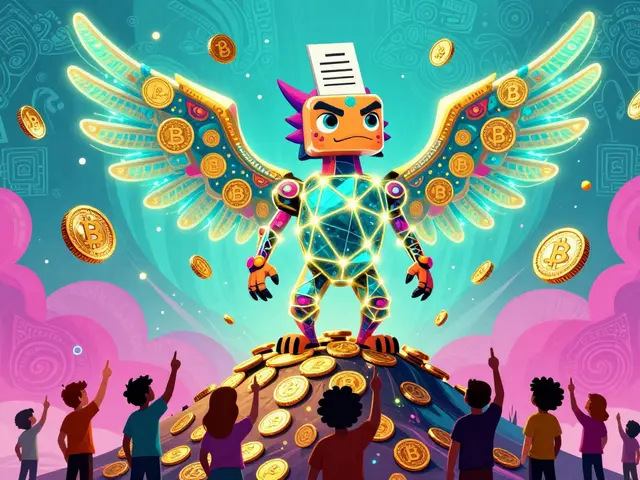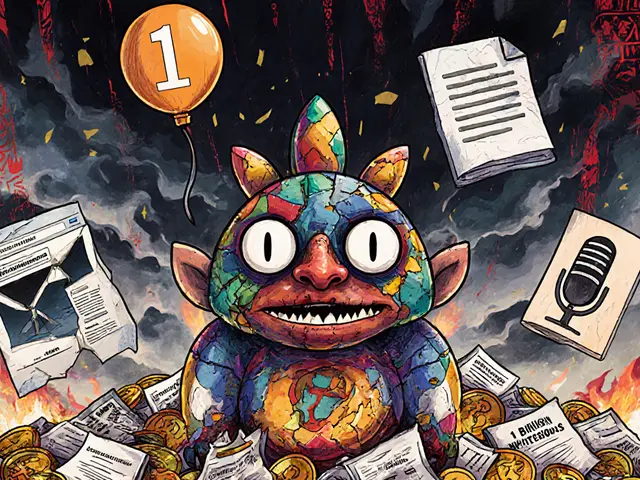Blockchain Audit Failure: Why Many Crypto Projects Collapse After Security Reviews
When a blockchain audit failure, a security review that misses critical flaws in a blockchain protocol or smart contract happens, it doesn’t just mean a bug—it means stolen funds, lost trust, and a project that vanishes overnight. These aren’t theoretical risks. In 2023 alone, over $2 billion was lost to exploits that could’ve been caught by a proper audit. Most teams skip real audits or hire cheap firms that just run automated tools and call it done. The result? Projects with glowing whitepapers and zero real security.
A smart contract vulnerability, a flaw in code that lets attackers drain funds or take control is often the root cause. Think reentrancy attacks, unchecked external calls, or logic errors that let users mint infinite tokens. These aren’t hidden deep in the code—they’re obvious to any experienced auditor. But many teams don’t hire auditors with real track records. They pick the cheapest option, or worse, they fake the audit report. Some even use the same auditor for multiple failed projects, turning audits into a checkbox ritual instead of a safety net.
Then there’s the failed crypto project, a token or platform that launches with hype but dies after an exploit or lack of real usage. These aren’t just unlucky—they’re predictable. Look at BSClaunch, Franklin, or Wannaswap. All had audits. All were exploited or abandoned. Why? Because the audit didn’t test real-world scenarios. It didn’t check for team exit scams, or whether the liquidity was locked. It didn’t verify if the code matched what was promised. A good audit doesn’t just scan code—it digs into incentives, governance, and human behavior. The projects that survive are the ones that treat audits like life support, not a marketing tool.
You’ll find real examples below—projects that claimed to be secure, got audited, and still collapsed. Some had zero trading volume after the exploit. Others had teams that disappeared. A few even had fake audit certificates. This collection doesn’t just show what went wrong. It shows how to spot the signs before you invest. Whether you’re checking a new token, evaluating a DEX, or just trying to avoid scams, understanding blockchain audit failure isn’t optional—it’s your first line of defense.










